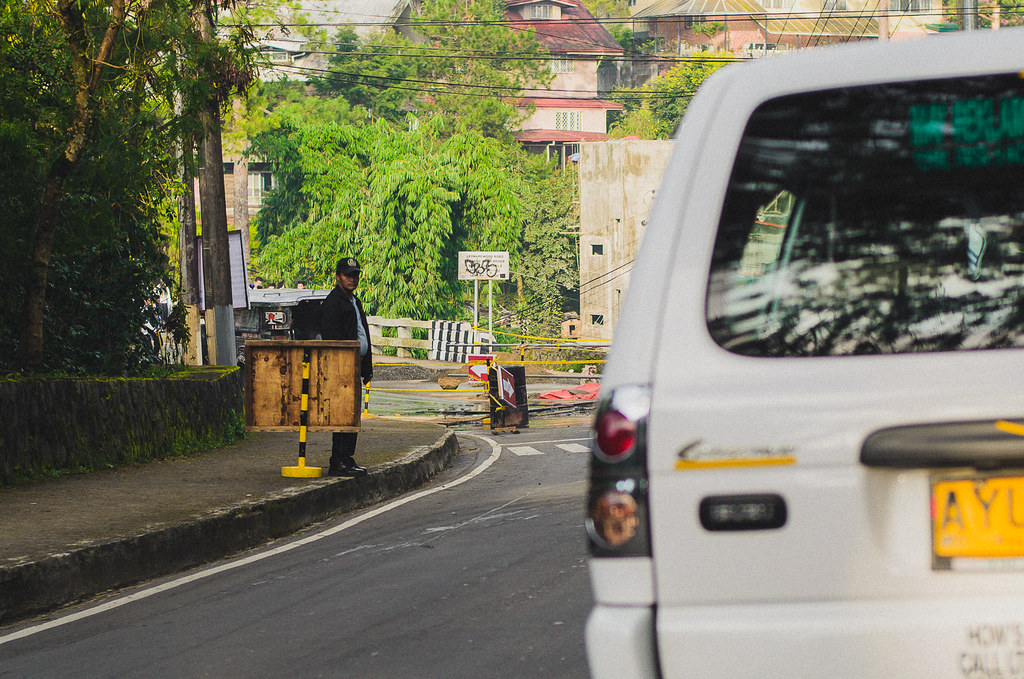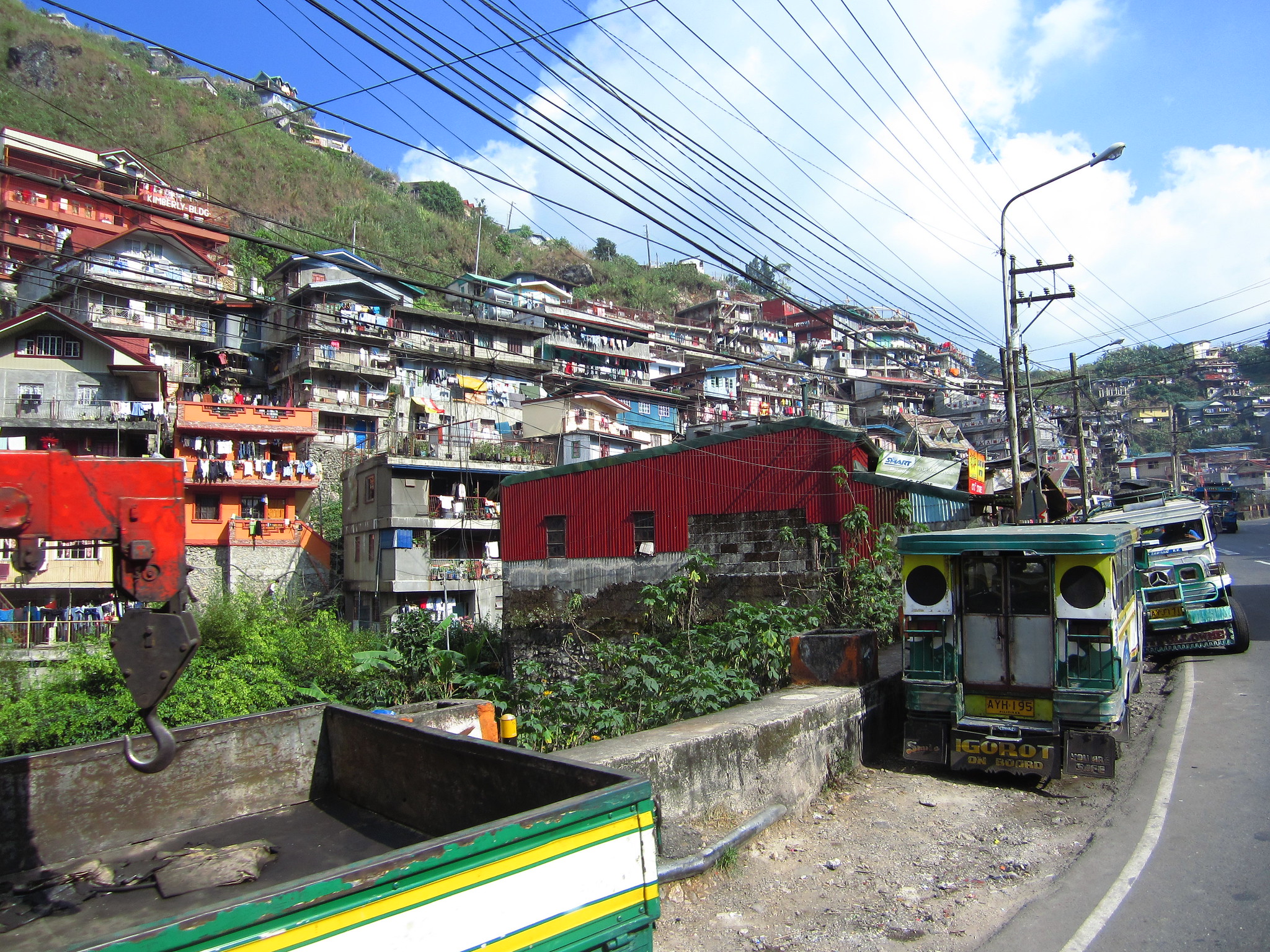Just imagine riding through Baguio City or La Trinidad with traffic-free streets and quick travel times. It seems like kind of a far-fetched dream, doesn’t it? The good news is that it might not remain that way anymore soon. One of the main plans in the BLISTT project is the creation of outer and inner circumferential roads. Once the Baguio-La Trinidad-Itogon-Sablan-Tuba-Tublay road is finished, it will hopefully decongest city roads, ease economic development, and boost tourism in all areas of the project.

Photo by Arcibald/Flickr
The outer circumferential road will connect the outer areas of BLISTT especially the agricultural areas. To complete this part of the project, the entirety of the road must be concretized and two permanent bridges must be built along the way. One temporary bridge must also be replaced with a permanent bridge to ensure that all types of vehicles can pass the road. In total, the road stretches around 140 to 150 kilometers.
The inner circumferential road, on the other hand, aims to connect the urban BLISTT areas. Like the outer road, a huge part of the completion of this part of the project lies in concretizing the connecting roads between the areas. Overall, the road project costs around 450 million pesos. It is divided into three phases and is part of the BLISTT Action Agenda 2016-2019.
According to a 2018 report by the Philippine Information Agency, the BLISTT circumferential roads would lessen travel time by 50 to 60 percent compared to when passing through the central business district. In addition to that, it would reduce vehicle operating costs, develop economic links between the connected towns, and increase the economic activities in the outer areas of BLISTT. It would also allow visitors to access all areas of BLISTT faster and much easier.

Photo by Ken Marshall/Flickr
Given the current traffic situations right now in both Baguio City and La Trinidad, the solution that the BLISTT circumferential road project offers is much-needed. Not only that, it is a crucial step for the growth and development of all towns involved. And as with the motorists cruising these roads, time is of the essence.
